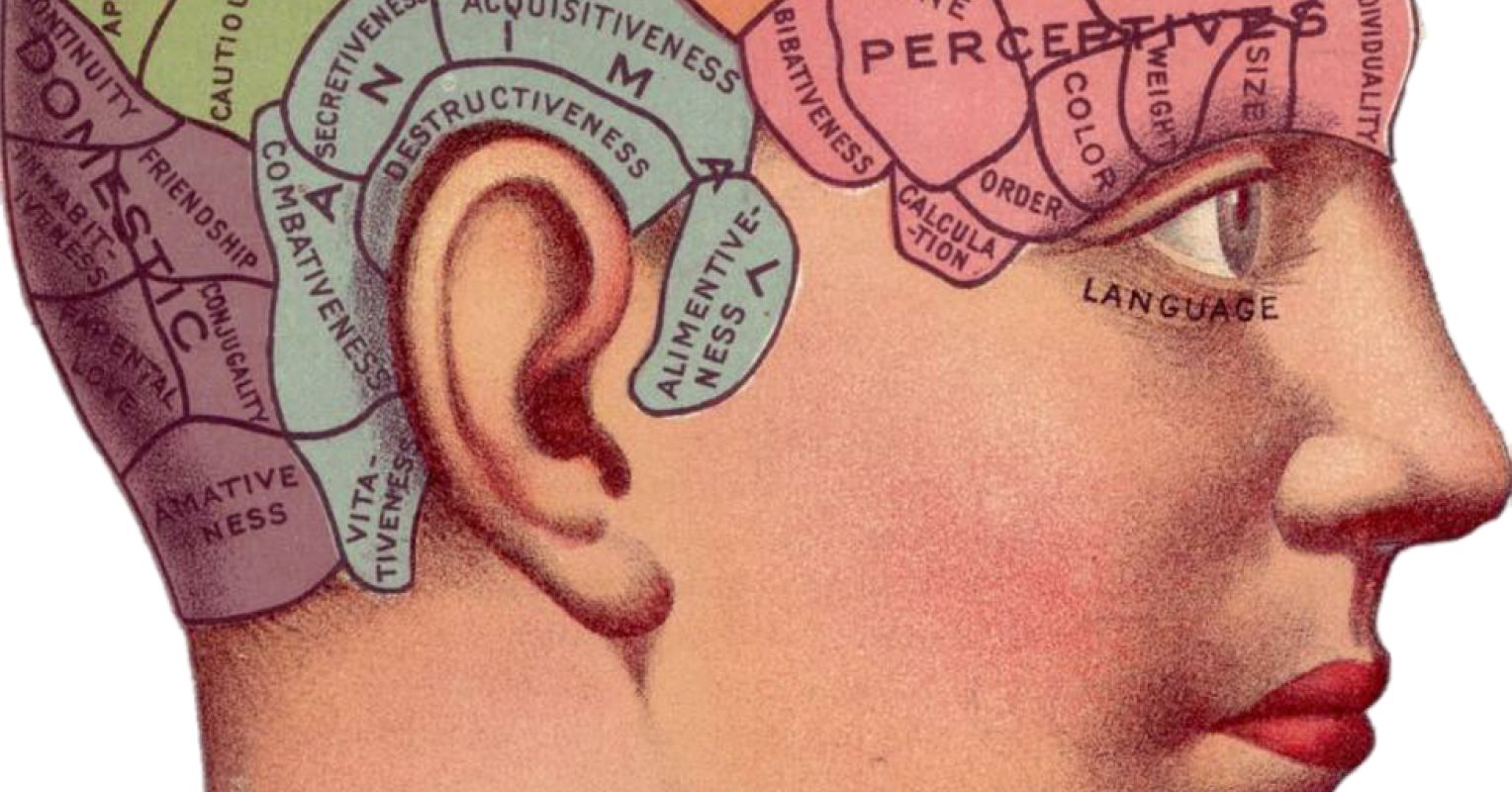
"In recent years, psychology has leaned heavily toward dimensional models of personality disorders (PDs). Instead of drawing boundaries around borderline, narcissistic, or avoidant personalities, dimensional approaches suggest we should measure traits along a continuum (e.g., impulsivity, antagonism, detachment) without necessarily grouping them into discrete disorders. Dimensions promise nuance. They seem more "scientific" because they map traits continuously, like height or weight. But in the rush to dimensionalize, we risk losing something essential: the very distinctions that make clinical work-and much clinical research-possible."
"If dimensional models were applied universally, virtually all categories in nature would disappear. We would no longer distinguish between "blue" and "green" because both fall on the same spectrum of visible light. Yet this hardly means blue and green are indistinguishable. We rely on these distinctions every day, and life would be impoverished without them. Similarly, in clinical practice, losing the ability to distinguish between borderline and antisocial, or between schizoid and avoidant, would flatten the rich landscape of psychopathology into a single bland continuum."
Psychology has shifted toward dimensional models of personality disorders that measure traits like impulsivity, antagonism, and detachment along continua rather than as discrete categories. Dimensional approaches provide nuance and continuous mapping akin to physical measures, which can seem more scientific. Universal dimensionalization could eliminate practical distinctions clinicians rely on, flattening meaningful differences between conditions. Everyday categorical distinctions, such as color labels, remain useful despite underlying spectra. Categorical diagnosis continues to shape the research base, guide treatment, and enable empathic, disorder-specific formulations that convey complex patterns of behavior and experience beyond isolated trait scores.
Read at Psychology Today
Unable to calculate read time
Collection
[
|
...
]